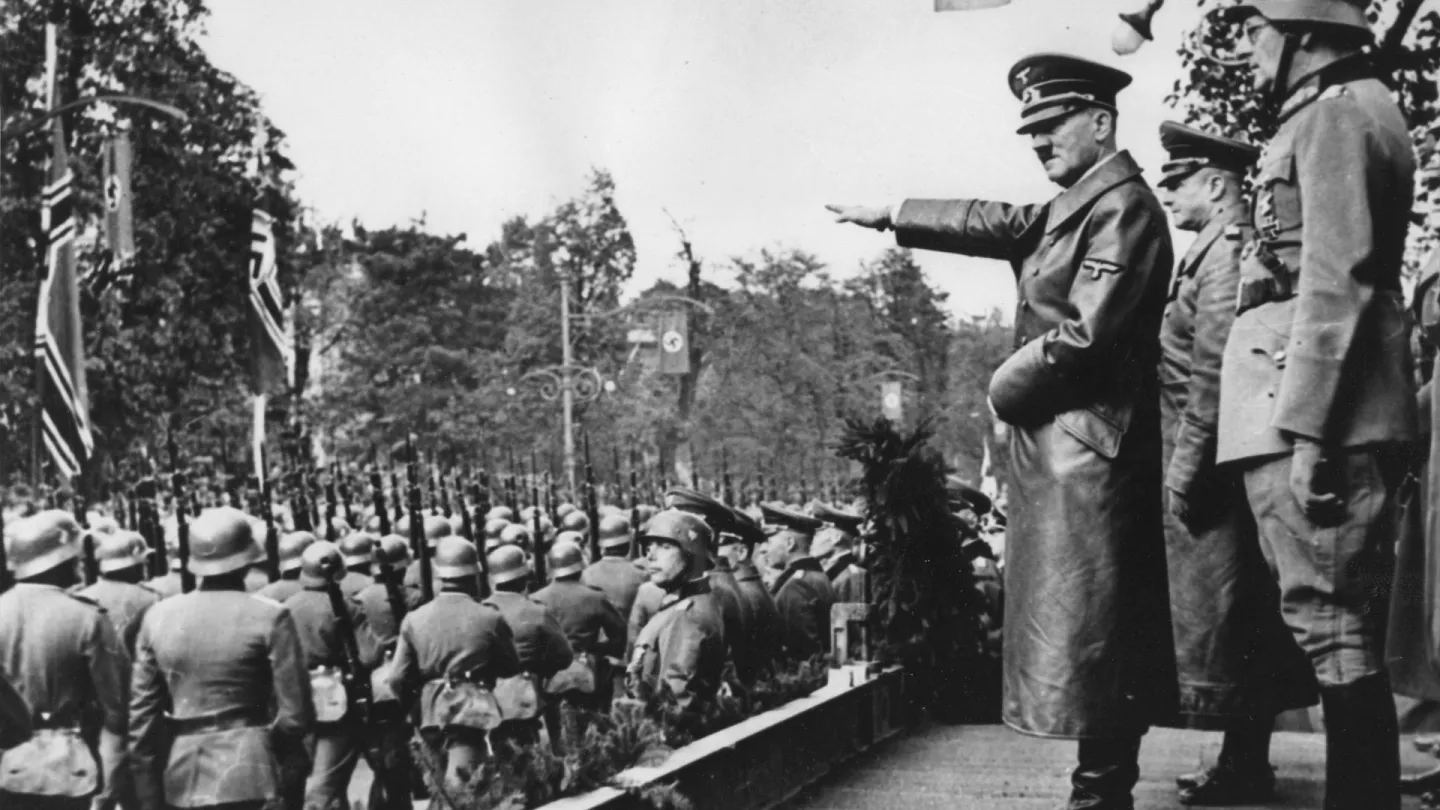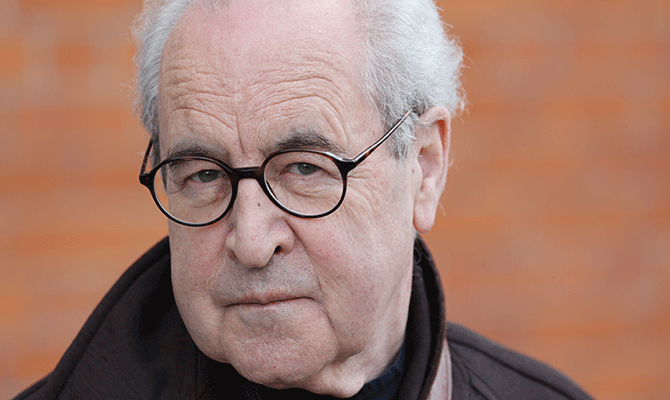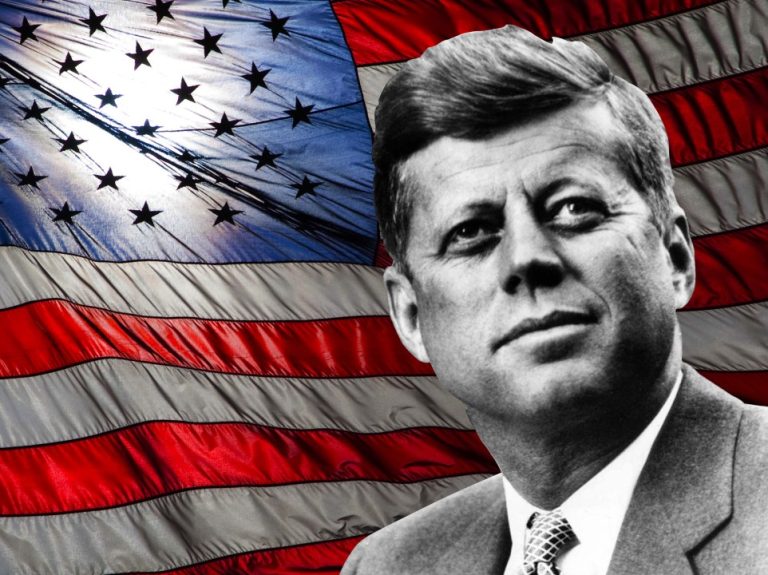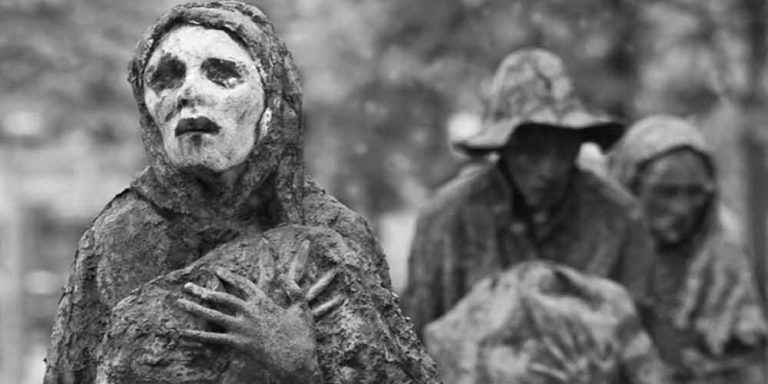

The question, “When did World War Two start?” often elicits a straightforward answer: September 1, 1939.
While this date marks the pivotal moment of Germany’s invasion of Poland, igniting the full-scale conflict in Europe, the origins of World War Two are far more complex, a tangled web of political failures, economic desperation, and aggressive ideologies that brewed for years.
For those of us in Ireland, remembering this global cataclysm also involves understanding our unique position during such tumultuous times.
What Started World War II and Why? The Seeds of Conflict
To truly understand what started World War II and why, we must look beyond a single event. The roots of the war can be traced back to the unresolved issues of World War I, which ended in 1918. The Treaty of Versailles, designed to establish peace, instead imposed harsh reparations and territorial losses on Germany, fostering deep resentment and economic instability. This paved the way for the rise of extremist ideologies.
The 1930s saw the rise of aggressive expansionist regimes: Nazi Germany under Adolf Hitler, Fascist Italy under Benito Mussolini, and Imperial Japan. Hitler’s primary goal in WWII was to establish a vast German empire (the “Third Reich”) across Europe, based on racial supremacy and the acquisition of “Lebensraum” (living space) for the German people, particularly in Eastern Europe. This ambition fueled a rapid rearmament program, violating the Treaty of Versailles.
Appeasement policies adopted by Britain and France in the face of German aggression, such as the Munich Agreement of 1938, only emboldened Hitler. The final straw came with the Nazi-Soviet Non-Aggression Pact in August 1939, which secretly agreed to divide Poland. This cleared the way for Germany’s invasion, prompting Britain and France to declare war. Thus, when did World War Two start for many in Europe, was indeed September 1, 1939.
When Did World War Two Start and End: A Global Timeline
While September 1, 1939, is the accepted beginning in Europe, the conflict had earlier sparks in Asia. Japan’s invasion of Manchuria in 1931 and full-scale invasion of China in 1937 are sometimes considered the true start of the global conflict.
So, when did World War Two start and end?
- Start (Europe): September 1, 1939, with Germany’s invasion of Poland.
- End (Europe): May 8, 1945 (V-E Day), with Germany’s unconditional surrender.
- End (Pacific/Globally): September 2, 1945 (V-J Day), with Japan’s formal surrender following the atomic bombings of Hiroshima and Nagasaki.
This means how long did WWII last was approximately six years and one day.
Who Was the Main Cause of World War 2?
While many factors contributed, there is a clear answer to who was the main cause of World War 2: Adolf Hitler and Nazi Germany. Their aggressive expansionist policies, racist ideology, and direct acts of war were the primary catalysts for the conflict. The systematic persecution of Jews and other minorities, leading to the Holocaust, also defined the horrifying nature of the Nazi regime’s actions.
Who Won World War 2? The Allied Victory
Who won World War 2? The simple answer is the Allies. The Allies or Axis powers were the two main factions. The Allied powers primarily consisted of the United States, Great Britain, the Soviet Union, France, and China. The Axis powers were led by Germany, Italy, and Japan.
Who won World War 2 and who lost? The Allied powers emerged victorious, while the Axis powers suffered a decisive defeat. This victory came at an immense human cost, with tens of millions of lives lost globally.
How Many Countries Were Involved in World War 2?
How many countries were involved in World War 2 is a complex question, as alliances shifted and many nations were drawn into the conflict in various capacities. Estimates suggest that over 30 countries were directly involved in the fighting, with many more indirectly impacted or providing support. It was a truly global conflict, dwarfing the scale of World War 1 dates (1914-1918) in its reach and devastation. (For context, to answer when did World War 1 start, it was July 28, 1914).
Ireland’s Unique Position: The Emergency
While the world was engulfed in the deadliest conflict in human history, Ireland took a distinct path. Upon the outbreak of World War Two, the newly independent Republic of Ireland declared its neutrality, a policy that became known as “The Emergency” (An Éigeandáil in Irish). This decision was rooted in a desire to protect its hard-won sovereignty, avoid involvement in another “British war” (following the legacy of WWI and the War of Independence), and preserve its fragile independence.
This neutrality had significant implications. While Irish citizens were not conscripted, thousands of Irish men and women volunteered to serve in the Allied forces, particularly in the British army, air force, and navy, often in secret. Their contributions, though not officially sanctioned by the Irish government, were vital. Families across Ireland would have felt the sting of loss and the anxiety of loved ones fighting abroad, even as the country remained officially out of the war.
Furthermore, Ireland’s neutrality presented both challenges and opportunities. It meant economic hardship due to disrupted trade routes and rationing. However, it also allowed Ireland to maintain a semblance of normalcy and avoid the widespread destruction that ravaged much of Europe. The country became a refuge for some escaping the war, and its ports saw occasional activity related to both Allied and Axis forces, often under secretive circumstances.
The Legacy of War: From Global Impact to Irish Memory
The impact of World War Two reshaped the geopolitical landscape, leading to the formation of the United Nations, the Cold War, and the decolonization of empires. For Germany, when did WWII start and end Germany marked a period of unimaginable destruction and division, followed by a remarkable path to reconciliation and reunification.
In Ireland, the memory of “The Emergency” remains a nuanced part of national identity. It is a period often viewed through the lens of self-preservation and the assertion of independence, even while acknowledging the global catastrophe unfolding. The quiet sacrifices of those who volunteered to fight, often returning to a country that officially remained neutral, form a powerful and often understated chapter in Ireland’s wartime history.
Understanding when did World War Two start is more than just recalling a date; it’s an exploration of the forces that led to immense suffering, incredible heroism, and ultimately, a transformed world. And for Ireland, it’s a story woven with threads of neutrality, resilience, and quiet contributions to a war that touched every corner of the globe.



